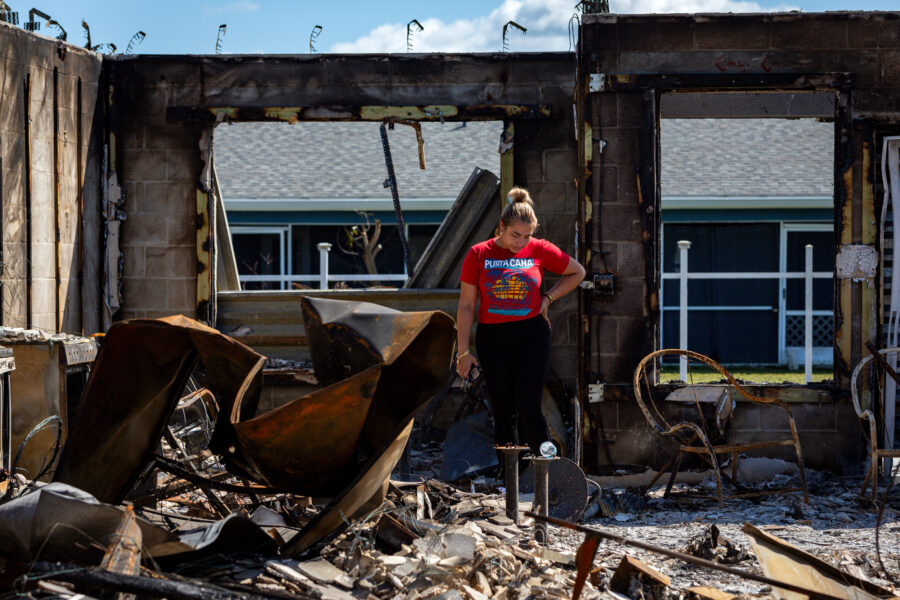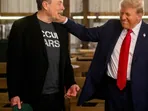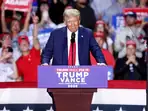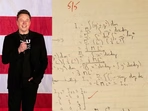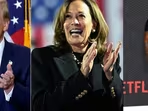Alexander Lukashenko is the clearest beneficiary of Wagner’s mutiny
IT HAS BEEN over two decades since Alexander Lukashenko, Belarus’s scheming dictator, has enjoyed such a good press in Russia. Throughout the weekend, Kremlin propagandists lauded his role in halting the mutineer Yevgeny Prigozhin at the gates of Moscow. The moustachioed leader deserved a “Hero of Russia’” honour, enthused Vladimir Solovyov, a usually sour-mouthed Kremlin cheerleader. “It’s impossible to overestimate his wisdom and negotiating talent; he showed captainship of the highest order.” Belarusian state media laid it on even thicker. “Ivan Susanin, Kuzma Minin, Prince Pozharsky, Marshal Zhukov and Alexander Lukashenko: this is a list of the people who saved Moscow.” 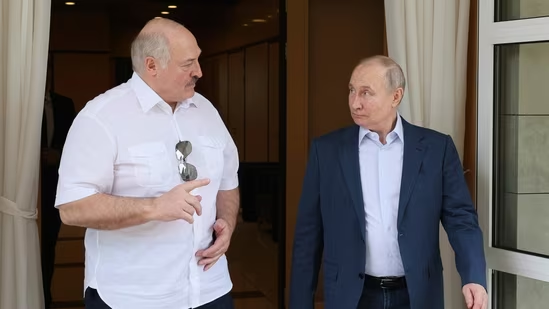 PREMIUM
PREMIUM
Ukraine aside, Alexander Lukashenko is the most public beneficiary of the short-lived mutiny of Mr Prigozhin and his Wagner Group mercenaries. In the three years since Vladimir Putin’s promise of police backing saved him from a popular uprising after he stole an election, the Belarusian leader has played second fiddle to an increasingly dominant next-door neighbour. He has visited Mr Putin 14 times since the invasion began; Mr Putin has returned the favour only once. In the meantime, Belarusian sovereignty was steadily eroded—to the extent that Russia’s invasion of Ukraine was, in part, launched from Belarusian territory. Yet by helping to conclude a deal between the Russian president and his convicted former cook and associate, Mr Lukashenko has rebounded. “He’s seized his agency back,” says Ryhor Astapenia, a programme director of Chatham House, a think-tank.
In announcing the deal, Dmitry Peskov, a Kremlin spokesman, said that Mr Prigozhin and Mr Lukashenko had been joined by a 20-year bond. In fact, their main link appears to be a meal the Belarusian leader took in one of Mr Prigozhin’s restaurants in St Petersburg in 2002. “He liked the lunch very much and shook Mr Prigozhin’s hand,” said Alexander Zimovsky, a spin-doctor present at the meal, “but it would be hard to say they have kept serious contact since.”
The Belarusian leader’s role in the negotiations themselves is probably just as exaggerated. A senior Ukrainian official, speaking on condition of anonymity, said Mr Lukashenko took no part in talks until the evening of June 24th, shortly before the end of the mutiny. “He was told to become an intermediary, and he stepped in line.” The majority of the negotiations were done by Russian interlocutors that included Aleksey Dyumin, who is governor of the Tula region and Vladimir Putin’s former bodyguard. Mr Dyumin, rumoured to be close to Mr Prigozhin, has avoided media comment throughout the affair. For whatever reason, the Kremlin preferred Mr Lukashenko to take the credit—and responsibility—for the deal.
Much is still unknown about the details of the agreement. In broad terms, Mr Prigozhin was promised safe passage to Belarus and an amnesty in exchange for turning around his armoured column. But beyond that, confusion reigns; some reports say that the charges against Mr Prigozhin still stand. Would Mr Prigozhin be alone or joined by armed heavies in Belarus? Would he be allowed any kind of public profile? How much of his lucrative mercenary business in Africa would he be allowed to keep? There were few clues emanating from Belarus itself, a closed political box. “Perhaps a dozen people have been told, no more,” said Mr Astapenia. In a short speech on June 26th, Mr Putin confirmed Wagner fighters would also be allowed to leave for Belarus if they wanted, but he gave no further details.
What comes next is similarly obscure. It is not even clear where Mr Prigozhin is now, though one report had him sighted at a hotel in Minsk. It is hard to imagine Mr Prigozhin would take any prominent political—let alone military—role in Belarus. Power is even more monopolised than next door in Russia. If the Kremlin divides and rules, Mr Lukashenko flattens. “Lukashenko is too sensitive about matters of internal security to give a mutineer too much power,” said Artyom Shraibman, a political analyst. “Maybe he’s prepared to tolerate Prigozhin and his bodyguards for a while, but not for ever.”
Belarusian law would also appear to exclude the kind of privileges that Wagner’s mercenaries have enjoyed inside Russia. The right to carry weapons is given only to those in recognised state agencies, the army, police and KGB, as the local security service is still known. One scenario would see Mr Prigozhin and his unarmed men settle in Minsk for a short while before departing to concentrate on business in Africa.
That hasn’t stopped some in Ukraine from fretting about other outcomes. The Kremlin suggested that up to 20,000 of Wagner’s fighters will be assimilated into the Russian army. That may or may not happen. At the very least, more fighting surely awaits the 3,000-5,000 core members of Wagner that marched on Moscow. Many of these are seasoned professionals trained in elite Russian military schools, a Ukrainian intelligence source says. They could still be deployed on diversionary raids from Belarus into Ukraine if the conditions were right: “We don’t say it’s going to happen, but we are watching carefully.” One report suggested work was already under way to construct several new military camps near Ukraine. Others dismissed such a prospect, noting the Belarusian dictator had been careful to avoid direct involvement in the war. “Ukraine has weapons to answer back with and Lukashenko knows it,” said Mr Shraibman.
In Ukraine and the West, Mr Lukashenko is generally seen as a co-belligerent in Vladimir Putin’s invasion. Inside Belarus the picture is more nuanced. Locals note that he has managed to avoid mobilisation and protest while consolidating his system, Mr Shraibman says; his popularity has actually increased during the war because he has largely kept Belarusians out of it. The Belarusian opposition doubtless hopes that the chaos in Russia could transfer from Mr Putin to Mr Lukashenko. But, says Mr Shraibman, “he has shown there will be no domino process.”
© 2023, The Economist Newspaper Limited. All rights reserved. From The Economist, published under licence. The original content can be found on www.economist.com
Enjoy unlimited digital access with HT Premium
Subscribe Now to continue reading Start 14 Days Free Trial Already Subscribed? Sign In
Disclaimer: The copyright of this article belongs to the original author. Reposting this article is solely for the purpose of information dissemination and does not constitute any investment advice. If there is any infringement, please contact us immediately. We will make corrections or deletions as necessary. Thank you.
Title:Alexander Lukashenko is the clearest beneficiary of Wagner’s mutiny
Url:https://www.investsfocus.com

